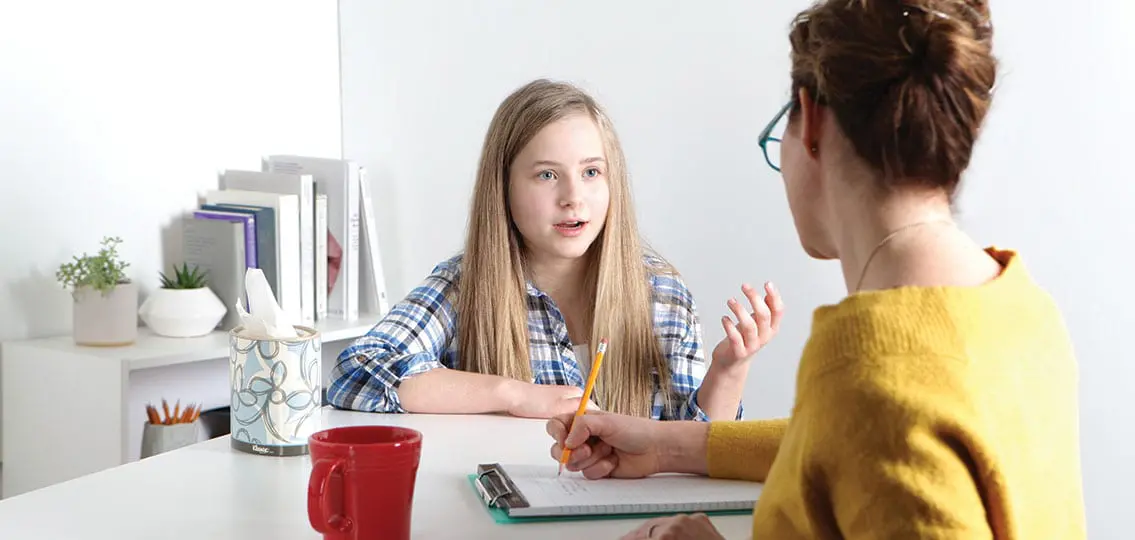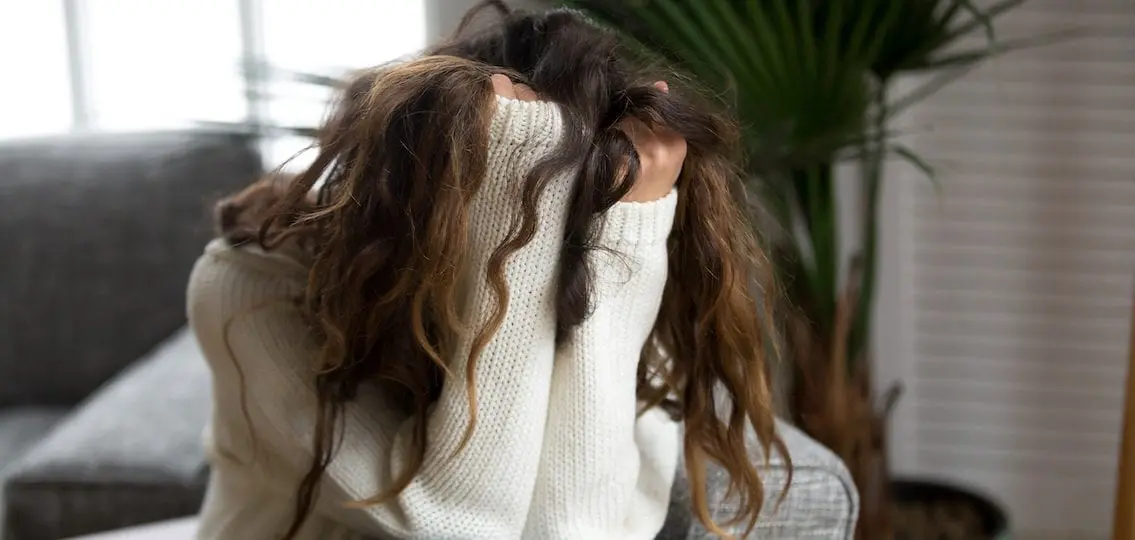I don’t even know where to start telling my daughter’s story.

Do I begin with the first time Skyler’s eyes lit up after claiming a bruise she got while playing was the result of her father striking her? Or do I start with the time she videoed herself cutting and posted it on social media? Maybe I should write about the time she downed a month’s supply of meds and swore she wasn’t suicidal. Or, months later, when she sat us all down and admitted she’d been trying to kill herself and waited excitedly for the fallout.
It is hard to summarize years of lying, stealing, sexual promiscuity, drugs, and drama into a cohesive story.
These anecdotes make my daughter sound like an awful human being, but she’s not.
She’s kind to animals, she has empathy for her fellow humans. She would give you the shirt off of her back. I know that sounds completely at odds with a lot of her actions.
Borderline Personality Disorder
She doesn’t know why she does the horrible things she does. Science calls it Borderline Personality Disorder and the symptoms include:
- a lack of impulse control
- mood instability
- identity issues.
It’s called Borderline Personality Disorder because the condition was once thought to be somewhere between psychosis and neurosis.
Parenting a Child with BPD
How do I parent a child I can’t trust? How do I teach her to be accountable for her actions when many of those actions are a product of a mental illness? How do I teach my daughter to love herself and to build good relationships with other people when doing the exact opposite is a hallmark of her illness? It can feel like an impossible task.
When I first started researching coping therapies for dealing with my daughter’s mental illness, the majority of the strategies I encountered were all focused on indulging the person with BPD. In essence, the recommendation was to give them everything they wanted. To wrap them in a permissive, consequence-free environment and center the entirety of the family unit on the person with BPD.
This was an unacceptable strategy to me. I have worked in many care fields and given long-term care to dying relatives, so I know firsthand that it’s never okay to require a caregiver to completely lose themselves in the act of care. I know that as a parent, too. Self-identity is important to all of us and I don’t believe that’s a sacrifice any of us should have to make, not even for a child
So I kept looking for ways to help my daughter without sacrificing our family. For a long time, it seemed like there was nothing we could do for her. She refused therapy. She refused to acknowledge she had an illness at all unless it got her attention. She, and our family, continued to spiral.
Behavior Modification
Then I found a coping mechanism for borderline personality disorder in teens that seemed like a light in the darkness, albeit a painful one. It was a behavior modification strategy that involved a better way of giving the person with BPD what they needed in the form of a constant, steady stream of the same kind of attention no matter what their actions were. That’s not to say that negative actions and behaviors should be consequence-free.
As a parent, it meant I had to maintain the same level of engagement with my daughter across the board, regardless of the situation.
What I’ve learned in living with my daughter is that people with BPD will self-sabotage when they begin to do well. On some level, they fear losing the attention they get when they’re in peril.
To assuage that fear, I had to step back and offer the same amount of attention for peril that I did for success. I couldn’t offer more attention for success than for when she put herself in peril, because then low self-esteem and lack of identity would come into play. People struggling with BPD find it easier to accept the peril attention over the success attention because it’s easier to attain.
It was hard at first. It killed me to not be able to celebrate my joy at her successes or share my pain at her pain. She rebelled against this strategy by escalating her negative behaviors, casually talking about doing cocaine or going to Los Angeles to be in porn, trying to provoke the response she wanted.
When my daughter realized she wasn’t going to get the attention she needed with that kind of behavior anymore, she was mostly able to self-correct.
Therapists have told me that if I can get my daughter to her thirties, things will probably get better. That seems to be the time when people with BPD reach out for help because they are tired of dealing with their own negative cycles. Since my daughter’s diagnosis, I have met several adults who have BPD. They are successful, amazing people who have fought their way through this gauntlet.

I won’t give up. I will keep using the strategy that works for my child with BPD. The success of others who live with BPD has given me hope. Hope that it’s not impossible for my daughter to get better and hope that we are not alone in our struggle.




